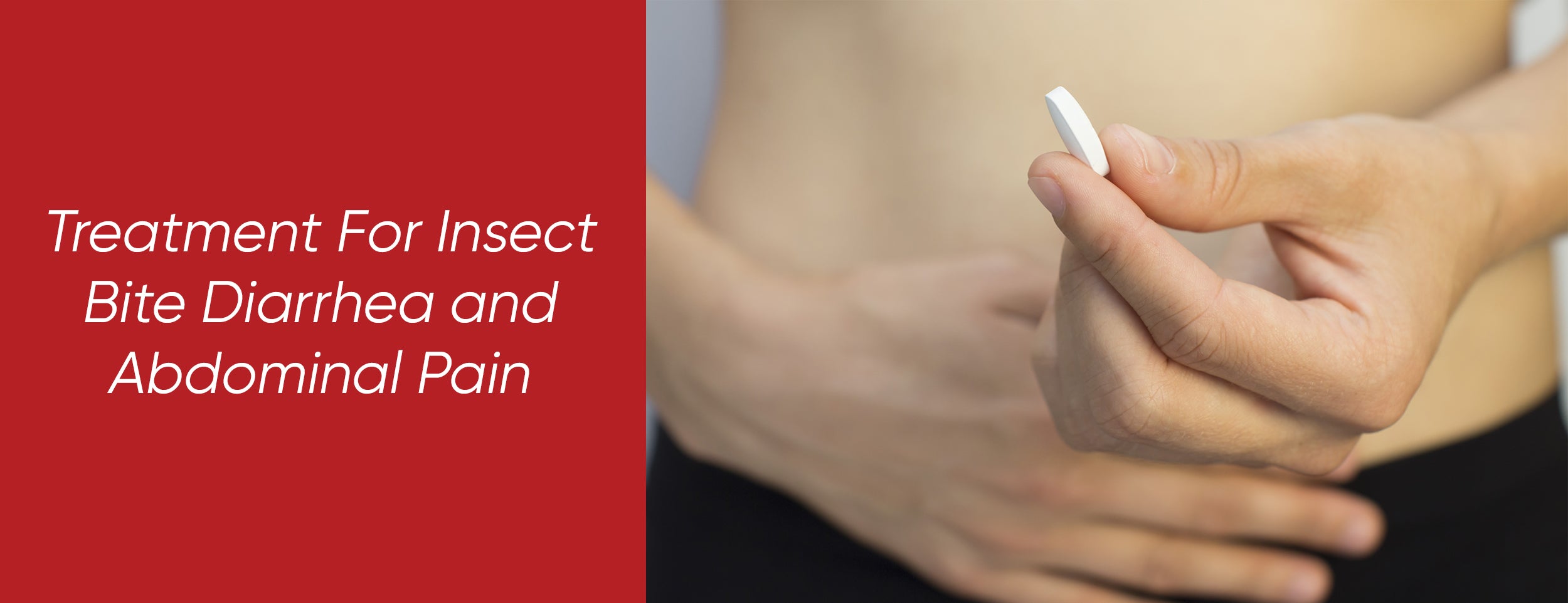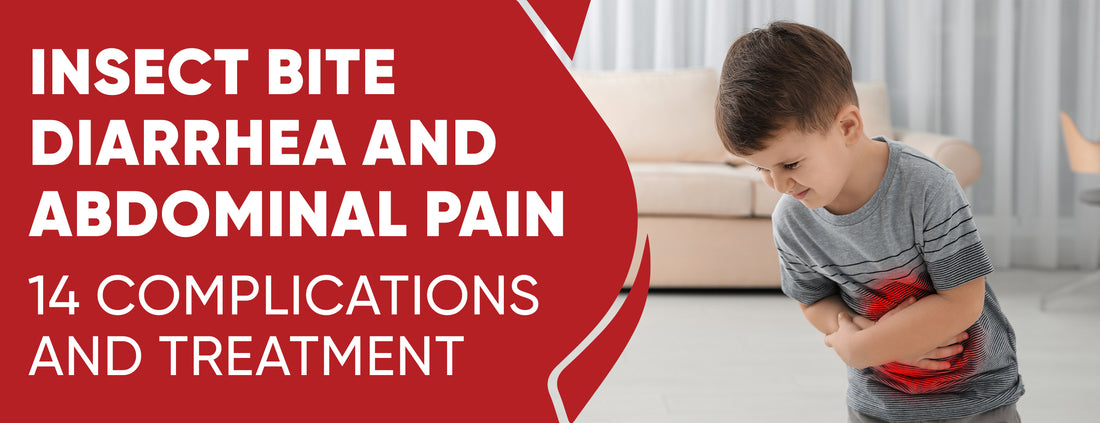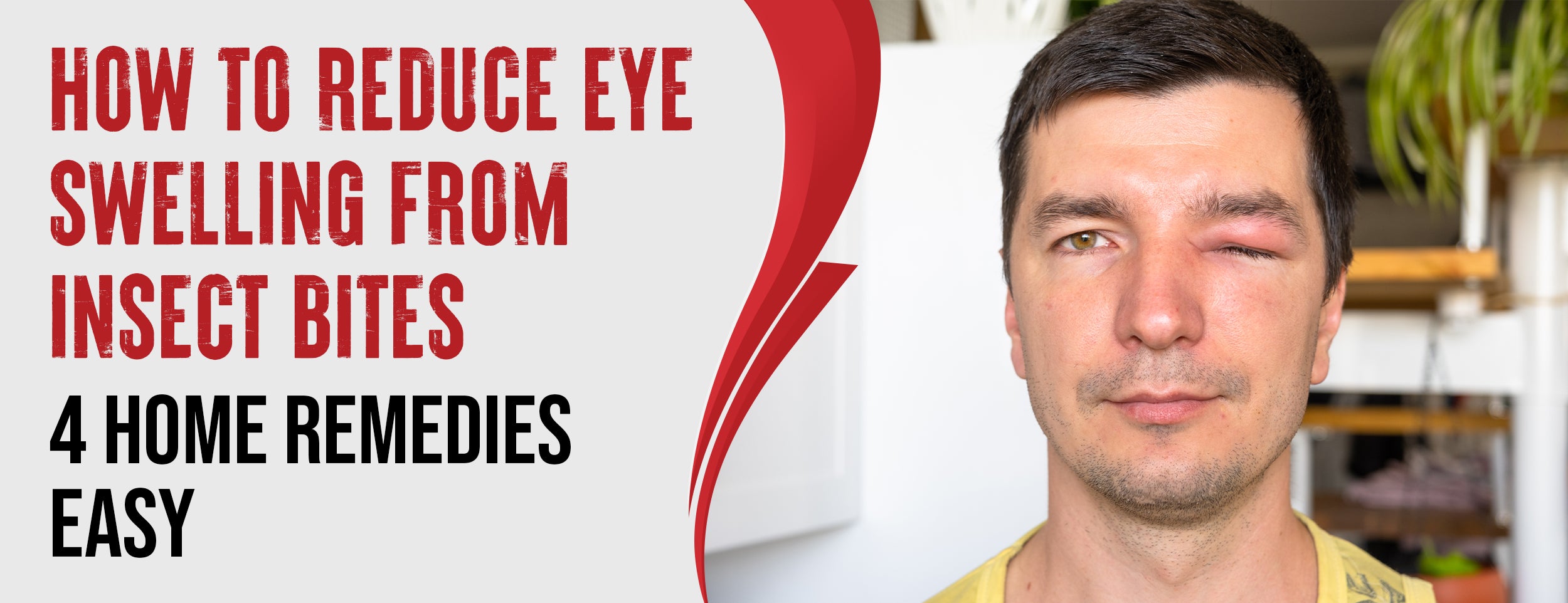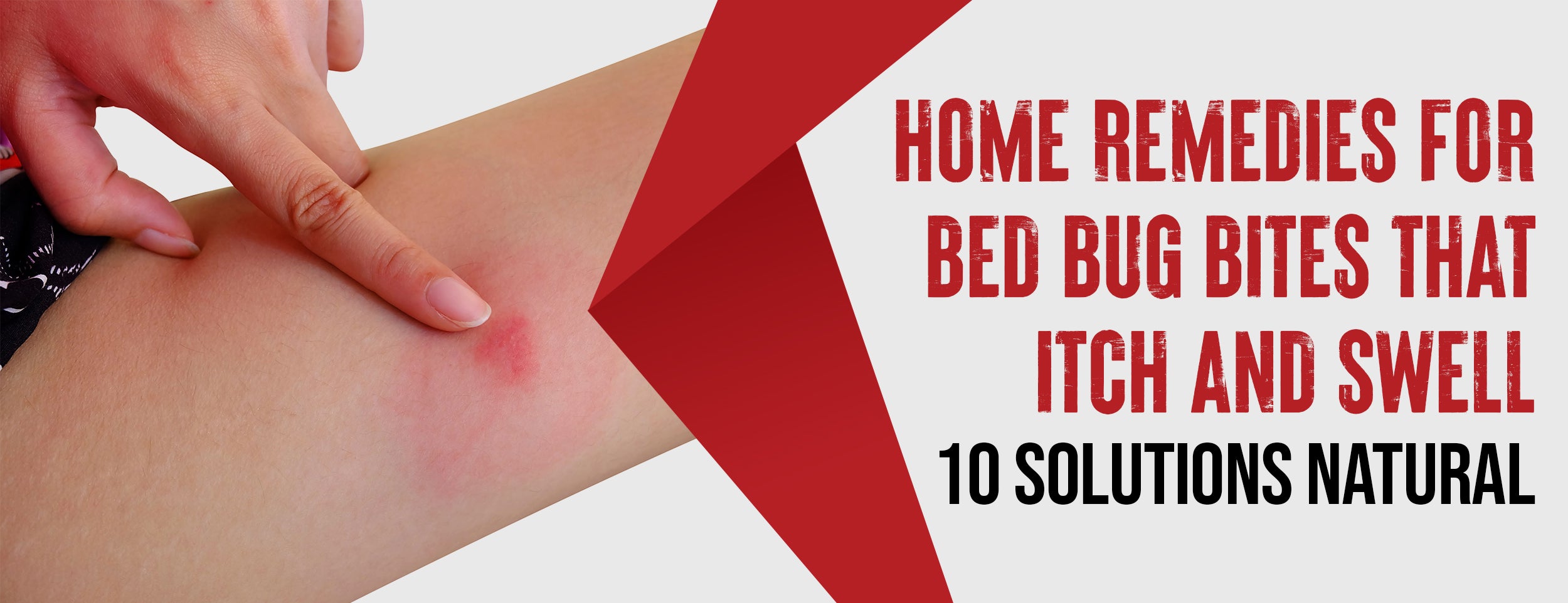You may have abdominal pain, and diarrhea caused by insect bites can be an uncomfortable and challenging experience.
You may get hives, itching, and swelling in areas other than the sting site if you have an allergic reaction. You may have stomach cramps, vomiting, nausea, or diarrhea. You need medical attention right now.
This blog post will examine the causes, symptoms, and treatment options for diarrhea and abdominal pain resulting from insect bites. For those with a higher risk of complications, understanding how to deal with these symptoms is crucial.
Diarrhea and Abdominal Pain from Insect Bite: 14 Complications

Experiencing diarrhea and abdominal pain from an insect bite can lead to potential complications. While insect bites are often considered minor nuisances, the presence of these symptoms warrants careful attention due to the possible adverse effects on health.
We will explore the various complications that can arise from the combination of an insect bite and gastrointestinal discomfort, shedding light on their implications and significance.
Explanation of Complications: 7 Listed
When diarrhea and abdominal pain accompany an insect bite, several complications may arise, requiring vigilant monitoring and appropriate intervention:
Dehydration: When you have diarrhea and abdominal pain, the body loses fluids quickly, leading to dehydration. If left untreated, severe dehydration can cause organ failure and even death.
Malnutrition: diarrhea can interfere with the absorption of nutrients from food, leading to malnutrition. This can have long-term effects on the body, such as weakened immune systems, stunted growth, and osteoporosis.
Kidney Damage: Diarrhea and abdominal pain can also cause damage to the kidneys, which filter waste from the blood. Kidney damage can lead to chronic kidney disease, decreased kidney function, and kidney failure.
Septicemia: Diarrhea and abdominal pain can lead to septicemia, where bacteria enter the bloodstream. This can cause a life-threatening infection that can spread throughout the body and lead to organ failure.
Secondary Infections: Scratching the irritated skin around the bite site can introduce harmful bacteria, leading to skin infections or more severe systemic infections.
Gastrointestinal Distress: The co-occurrence of insect bite symptoms and abdominal discomfort can exacerbate existing gastrointestinal conditions, causing distress and disrupting daily routines.
Nutritional Impact: Prolonged symptoms may interfere with nutrient absorption and utilization, impacting overall nutritional status and well-being.
Life-changing Effects: 7 Condition

The complications resulting from diarrhea and abdominal pain triggered by an insect bite can have profound and lasting effects on an individual's life:
Lost Productivity: and abdominal pain can make concentrating and functioning difficult, leading to lost productivity at work or school.
Social Isolation: People with chronic diarrhea and abdominal pain may avoid social situations due to embarrassment, leading to social isolation and depression.
Financial Burden: Treating diarrhea and abdominal pain complications can be expensive, burdening individuals and families financially.
Quality of Life: Chronic discomfort and complications can significantly diminish one's quality of life, affecting work productivity, leisure activities, and social interactions.
Emotional Well-being: Prolonged physical distress can lead to emotional strain, anxiety, and depression, influencing overall mental well-being.
Activity Limitations: complications may necessitate limitations in daily activities, hindering mobility and independence.
Impact on Diet: Digestive issues can lead to dietary restrictions and modifications, altering eating habits and nutritional intake.

Risk Factors for Complications
Several factors can heighten the likelihood of complications arising from insect bite-induced diarrhea and abdominal pain:
Individual Reactivity: Variability in individual immune responses and sensitivities to insect venom can influence the severity of symptoms and potential complications.
Allergic Tendencies: Pre-existing allergies or sensitivities can amplify the body's reaction to insect venom, exacerbating symptoms and increasing the risk of complications.
Timely Medical Care: Delayed or inadequate medical attention can allow complications to escalate, underscoring the importance of seeking timely treatment.
Scratching and Hygiene: Scratching the bite area and improper hygiene practices can introduce pathogens, leading to infections and further complications.
Underlying Health Conditions: Individuals with pre-existing medical conditions, such as autoimmune disorders or gastrointestinal diseases, may be more susceptible to severe complications.
Poor hygiene: Poor hygiene, such as not washing hands after using the bathroom, can spread bacteria that can cause diarrhea and abdominal pain.
Weak immune system: People with weakened immune systems, such as those with HIV/AIDS or undergoing chemotherapy, are at higher risk of developing complications from diarrhea and abdominal pain.
Travel: Traveling to countries with poor sanitation can increase the risk of developing diarrhea and abdominal pain.
Treatment For Insect Bite Diarrhea and Abdominal Pain

Timely and appropriate treatment can help alleviate discomfort and promote healing complications. This section outlines practical strategies and interventions to manage these symptoms, allowing individuals to regain their well-being and quality of life.
Hydration and Rest
Increase Fluid Intake: Diarrhea and abdominal pain can cause dehydration. Drinking clear fluids, such as water, herbal teas, and clear broths, helps replenish lost fluids and maintain electrolyte balance.
Oral Rehydration Solutions (ORS): These solutions, available over the counter, are specifically designed to restore electrolytes and fluids lost due to diarrhea. They can be particularly beneficial in cases of moderate to severe symptoms.
Adequate Rest: the body to rest and recover is crucial. Engage in light activities and avoid strenuous tasks until symptoms subside.

Dietary Modifications
BRAT Diet: The BRAT diet (Bananas, Rice, Applesauce, Toast) consists of bland, easily digestible foods that can help soothe the stomach and ease digestion during recovery.
Avoid Certain Foods: Spicy, fatty, and dairy-rich foods may exacerbate abdominal discomfort and should be avoided until symptoms resolve.
Over-the-counter Medications
Antidiarrheal Medications: Over-the-counter medications like loperamide (Imodium) can help reduce the frequency of diarrhea episodes. These should be used under the guidance of a healthcare professional, especially in cases of severe symptoms.
Pain Relievers: Non-prescription pain relievers like acetaminophen (Tylenol) can help alleviate abdominal pain. Avoid non-steroidal anti-inflammatory drugs (NSAIDs) like ibuprofen, as they can worsen stomach irritation.
Medical Consultation

Seek Medical Advice: If symptoms are severe, persistent, or accompanied by other concerning signs, consult a healthcare provider for a proper assessment and guidance.
Prescription Medications: A healthcare professional may prescribe medications to treat symptoms or address an underlying infection.
Insect Bites Diarrhea and Abdominal Pain: 5 Causes
Insect bites are usually considered harmless, but some nasty insects can lead to severe symptoms such as diarrhea and abdominal pain. The toxins in these venomous insect bites affect the digestive system, causing allergic reactions, inflammation, and irritation. The following are the most common causes of diarrhea and abdominal pain caused by insect bites:
Allergic reactions: An allergic reaction occurs when the immune system overreacts to the toxin. The symptoms can include abdominal pain, diarrhea, nausea, and vomiting. The severity of the response varies from person to person.
Inflammation: When a venomous insect bites the body, its immune system responds. During inflammation, the body releases chemicals that cause the blood vessels to leak, leading to swelling, pain, and redness. Inflammation in the digestive system causes diarrhea and abdominal pain.
Toxins in Insect Bites: When sure insect bites are broken or scratched, they can release toxins into the bloodstream. These toxins can cause the body to produce excessive amounts of fluids, leading to diarrhea and abdominal pain.
Bacterial Infection: Insect bites can become infected with bacteria in rare cases. This can lead to diarrhea, abdominal pain, and other symptoms such as fever and nausea.
Parasitic Infection: Certain insect bites can transmit parasites to humans, such as mosquito bites that can spread the Zika virus. These infections can lead to diarrhea and abdominal pain, among other symptoms.

Conclusion
If necessary, diarrhea from abdominal pain insect bites requires self-care measures, dietary adjustments, and medical intervention. Individuals can manage these symptoms effectively and facilitate a smoother recovery by staying hydrated, eating gentle foods, and seeking appropriate medical attention.
Preventive measures can also significantly reduce future instances, allowing individuals to enjoy outdoor activities with greater peace of mind.

















![6 Reasons Why Itches From Insect Bites Increase at Night [3 OTC Options]](http://drnumb.ca/cdn/shop/articles/Why_Do_Insect_Bites_Itch_More_At_Night__6_Factors_4_Natural_Remedies.jpg?v=1709703294)

